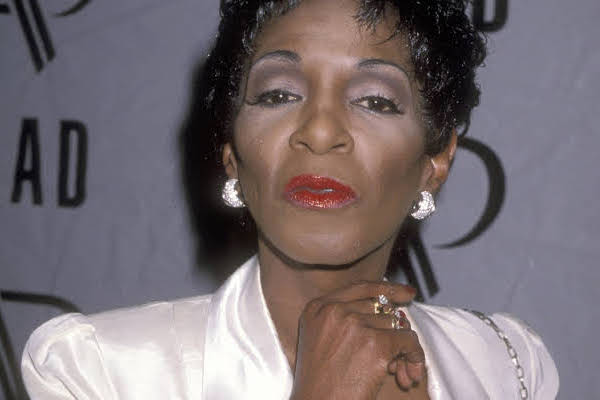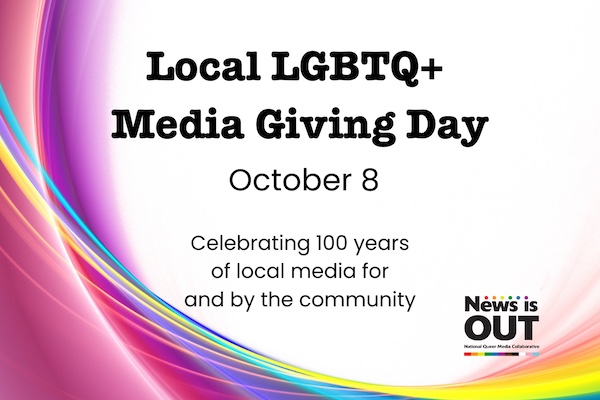
I Put the Bi in Bitter is a Light-Hearted Portrayal of LGBTQ Teen Experiences
October 26, 2020
The Century-Old Version of the L Word Chart
October 30, 2020When most of us think of iconic Southern queer culture, we think of Atlanta and not much else. But queer culture, and iconic queer community, can come from any part of the South. The Lady Chablis, Grand Empress of Savannah, is proof of that.
Most people met Chablis in John Berendt’s 1994 non-fiction book, Midnight in the Garden of Good and Evil. The book became a bestseller and spawned a star-studded film, directed by Clint Eastwood, in 1997. Chablis insisted she play herself in the film and proceeded to do so, making her the first trans actor to play a trans woman in a mainstream American film.
Interest in Chablis only grew with the popularity of the book. She released her autobiography, Hiding My Candy, just two years later in 1996. All of the fame ensured that Chablis’ shows would never be empty, but her notoriety came at a cost. While Chablis is often credited with inspiring drag performers such as Lady Bunny and RuPaul, she was not a drag queen, a fact many of her fans struggled to understand. “I was walking through the airport and people would stop me and say ‘Hey, you’re the lady from the movie,'” she explained to a reporter in 2013. “Then I’d walk away and they would say, ‘That’s the drag queen.’ That hurt me so badly to hear people call me a drag queen. I thought celebrity would change the way people looked at me.” When asked what she’d like to be called, she said nothing but her legal name, The Lady Chablis.
Chablis began her performance career decades earlier, at The Fox Trot, a gay bar in Tallahassee, FL. She was only 15. The next year, she changed her name to Chablis—with her mother’s blessing. She performed for years, eventually finding her home at Club One in Savannah, GA. She performed on their opening night in 1988 and proceeded to perform there regularly—often to sold-out crowds—until she was hospitalized just weeks before her death due to pneumonia in 2016.





